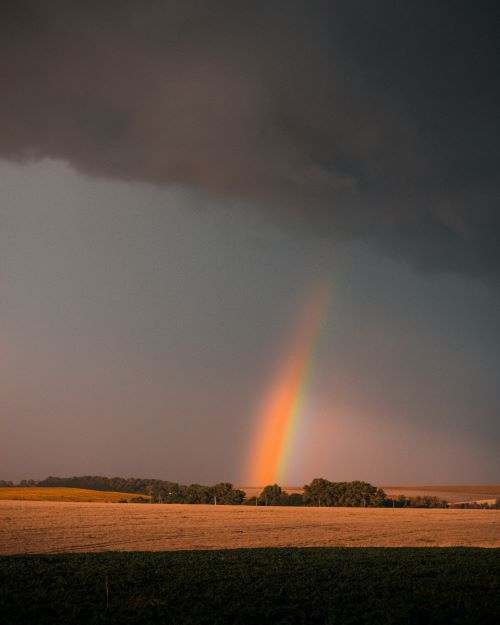When it comes to the discussion of LGBTQ+ inclusion within literature, we can see that progress has been made, albeit not nearly enough. With the expansion of queer inclusion in literature and digital media, new issues arise, such as perpetuating stereotypes. Speaking in terms of specifically bisexual characters, these issues often result from them being portrayed as a means of creating a specific type of character rather than for the purpose of positive representation.
It’s fair to say that coming out in any aspect totes along its own unique and frustrating labels and assumptions from those outside of the community. In my experience, the bisexual identity comes with being ostracized, not only from the straight, cis-gendered community, but also from their LGBTQ+ family as well. One of the biggest stereotypes is that bisexual individuals are “promiscuous” and, likely, unloyal. While this is not the case, the portrayal of bisexual characters across different media platforms only serves to preserve these damaging reservations about the orientation.
On the other hand, there is yet another negative form of stereotypes. Where there is no general sexual frivolity in a bisexual character, there may instead be the assertion of “confusion.” This is particularly true in cases where the audience is led to believe (not know, as this usually happens through suggestion instead of saying the words out loud, which is a whole other issue in and of itself) that a character is bisexual, but they tend to end up with the opposite gender. While this is fine in theory, the issue we’re faced with is the perpetuation of the stereotype that bisexuals are just “confused” or “experimenting,” and that when they settle down, they will inevitably choose a “straight” relationship. For a recent example, I think back to the Marvel/Disney show Loki. The Disney+ show led some fans to think that Loki might (finally!) end up in a relationship with another male character (although, I hold my reservations about Owen Wilson being a match with Tom Hiddleston—but that’s neither here nor there). However, what ended up happening was the rug being pulled out yet again for hopeful, queer audience members and pandering to the straight, cis-gendered community (I’m trying to be vague so that I don’t give any spoilers). Even though many people know that Loki is bisexual, there is a blatant lack of that part of his identity in his character’s representation, which is problematic, especially from such a large platform as Disney.
Literature can be just as challenging. Consider the novel Sing You Home by Jodi Picoult. The story revolves around Zoe, a bisexual woman who eventually becomes estranged from her husband. In the resolution, Zoe falls in love with another woman. And while this certainly happens in real life, the problem with this novel is that, rather than restating Zoe’s bisexuality, she is instead described as just being a lesbian all along, or worse, having been “turned gay”—which is even more disheartening.
While it is clear that the world is not the same as it was twenty or thirty years ago when it comes to acceptance, we still have a long way to go. All members of the queer community still have to face external biases against their orientation, internalized homophobia, transphobia, and more; however, there is a double-edged sword that bisexuals face between those inside their community and those outside of it. The stereotypes that come along with the orientation led others to mistrust them, and it negatively affects their ability to have stable relationships. Only through changing the script when we represent the LGBTQ+ community can we come closer to a world where we not only accept, but also truly celebrate, all identities.


zidane
very clear and good article easy to understand. Thank you
zidane
very clear and good article easy to understand. Thank you